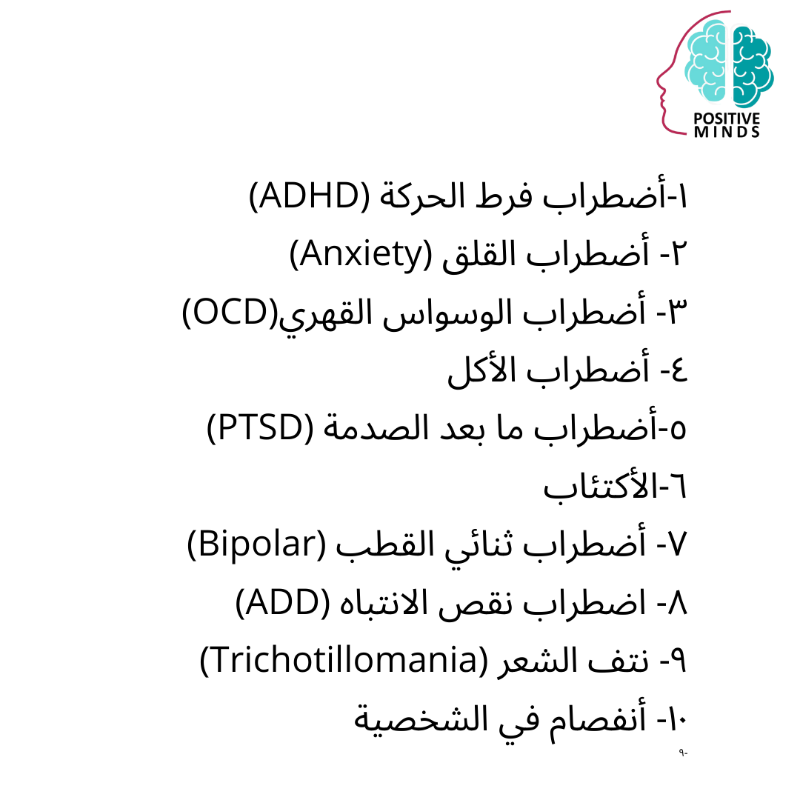What is Depression?
Major depressive disorder, sometimes known as depression, is a serious medical condition that frequently affects people's feelings, thoughts, and behaviors. Thankfully, it is also curable. Sadness and/or a loss of interest in previous hobbies are symptoms of depression. It can impair your ability to perform at work and at home and cause a number of mental and physical issues.
Depression Is Not Sadness, Grief, or Bereavement
A person must endure painful situations like losing a loved one, losing a job, or ending a relationship. It is common for people to experience melancholy or grief in response to such circumstances. People who have lost something frequently label themselves as "depressed."
But being depressed is not the same as being sad. The grieving process is normal, particular to each person, and shares some characteristics with depression. Intense sadness and withdrawal from daily activities can occur during both mourning and depression. Additionally, they differ in significant ways.
Depression and loss may coexist. Some people experience depression as a result of a loved one passing away, losing their job, becoming the victim of physical violence, or experiencing a big tragedy. When depression co-exists with grief, the grief is more severe and lasts longer than grief alone.
Symptoms
-Experiencing sadness or depression
-Loss of enjoyment or interest in once-enjoyed activities
-Appetite changes, weight loss or increase unrelated to diets
-Difficulty falling asleep or excessive sleep
-Energy loss or increased fatigue
-An increase in pointless exercise
-A sense of worthlessness or guilt
-Having trouble focusing, thinking, or making decisions
-Suicidal or homicidal thoughts
Treatment:
Among all mental disorders, depression is one of the easiest to treat. Most depressed patients eventually respond well to therapy—between 80% and 90% of them. Almost all patients have some symptom alleviation.
A health care provider should carry out a thorough diagnostic evaluation that includes a physical exam and an interview before making a diagnosis or starting treatment. In rare instances, a blood test may be performed to ensure that a medical condition like a thyroid issue or a vitamin deficit is not the cause of the depression (reversing the medical cause would alleviate the depression-like symptoms). In order to provide a diagnosis and determine a course of action, the examination will pinpoint particular symptoms, examine medical and family histories, as well as cultural and environmental factors.
Medications:
An individual's brain chemistry may contribute to their depression and may influence how they are treated. Antidepressants may therefore be prescribed to help alter one's brain chemistry. These drugs are not tranquillizers, sedatives, or "uppers." They do not become habits. Antidepressant drugs typically don't have any stimulating effects on persons who aren't depressed.
The full effects of antidepressants may not become apparent for two to three months after starting treatment, however they may start to show some improvement after a week or two. After several weeks, if a patient has made little to no progress, the patient's psychiatrist may adjust the medication's dosage or add or remove another antidepressant. Other psychotropic drugs might be beneficial in some circumstances.
تصميم موقع . كم



